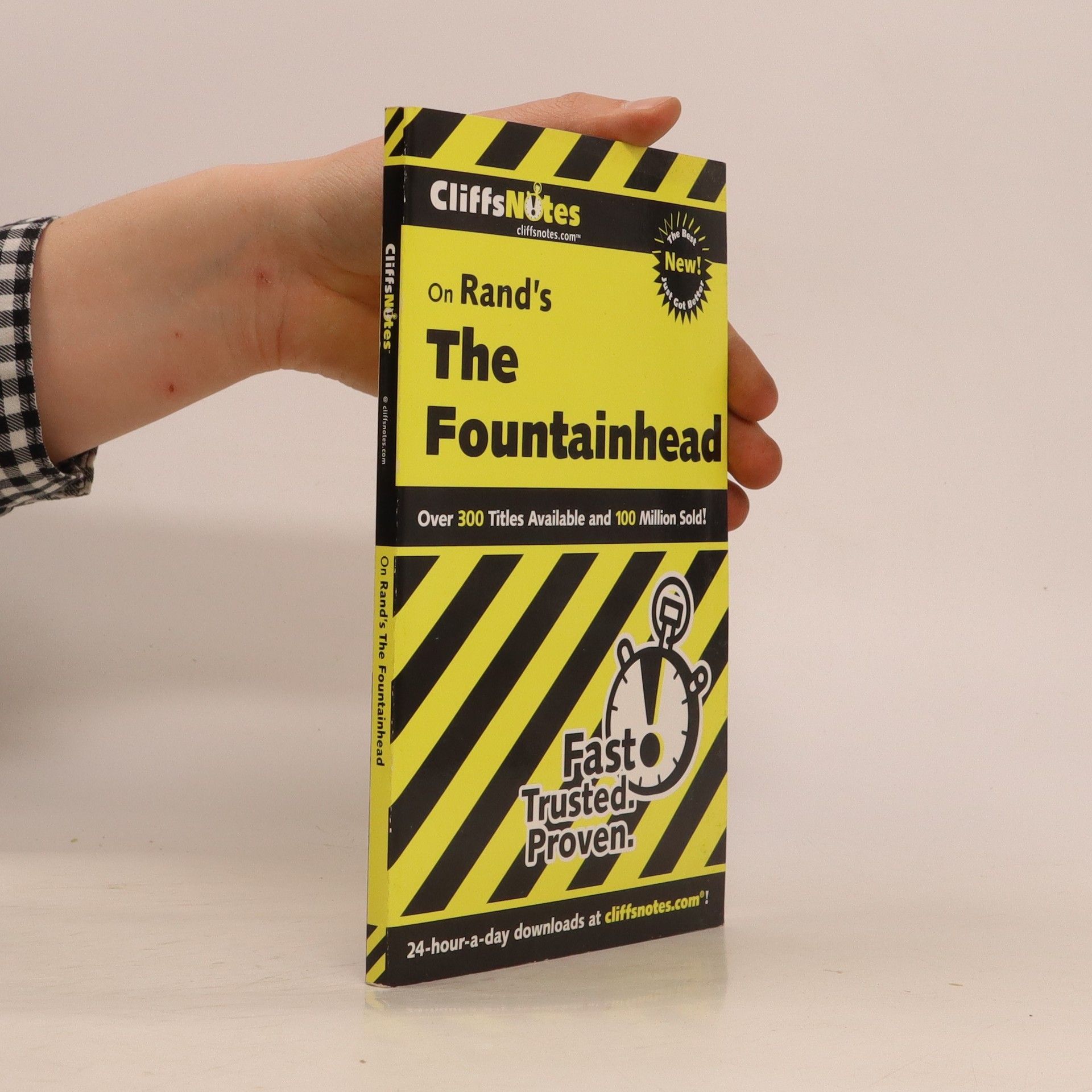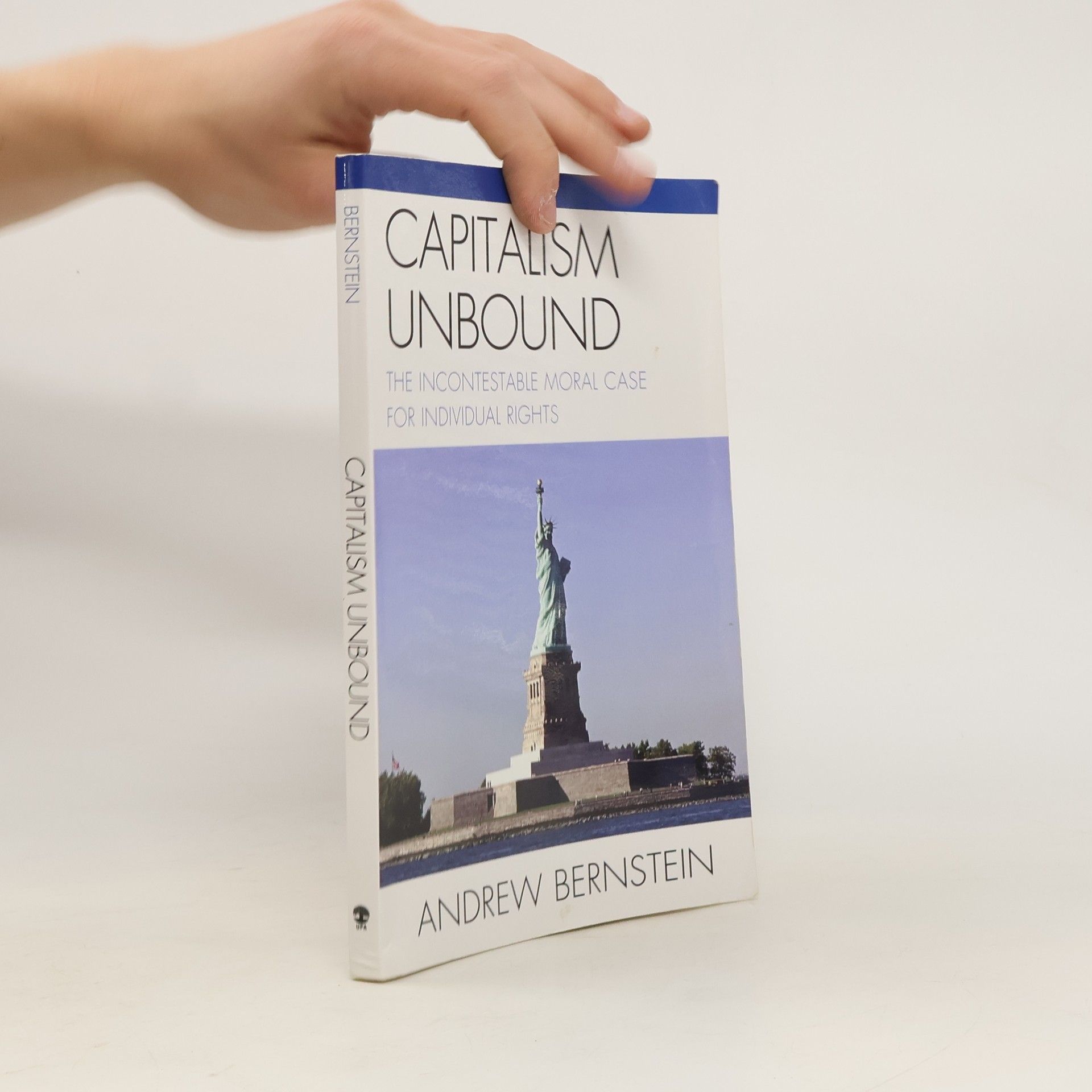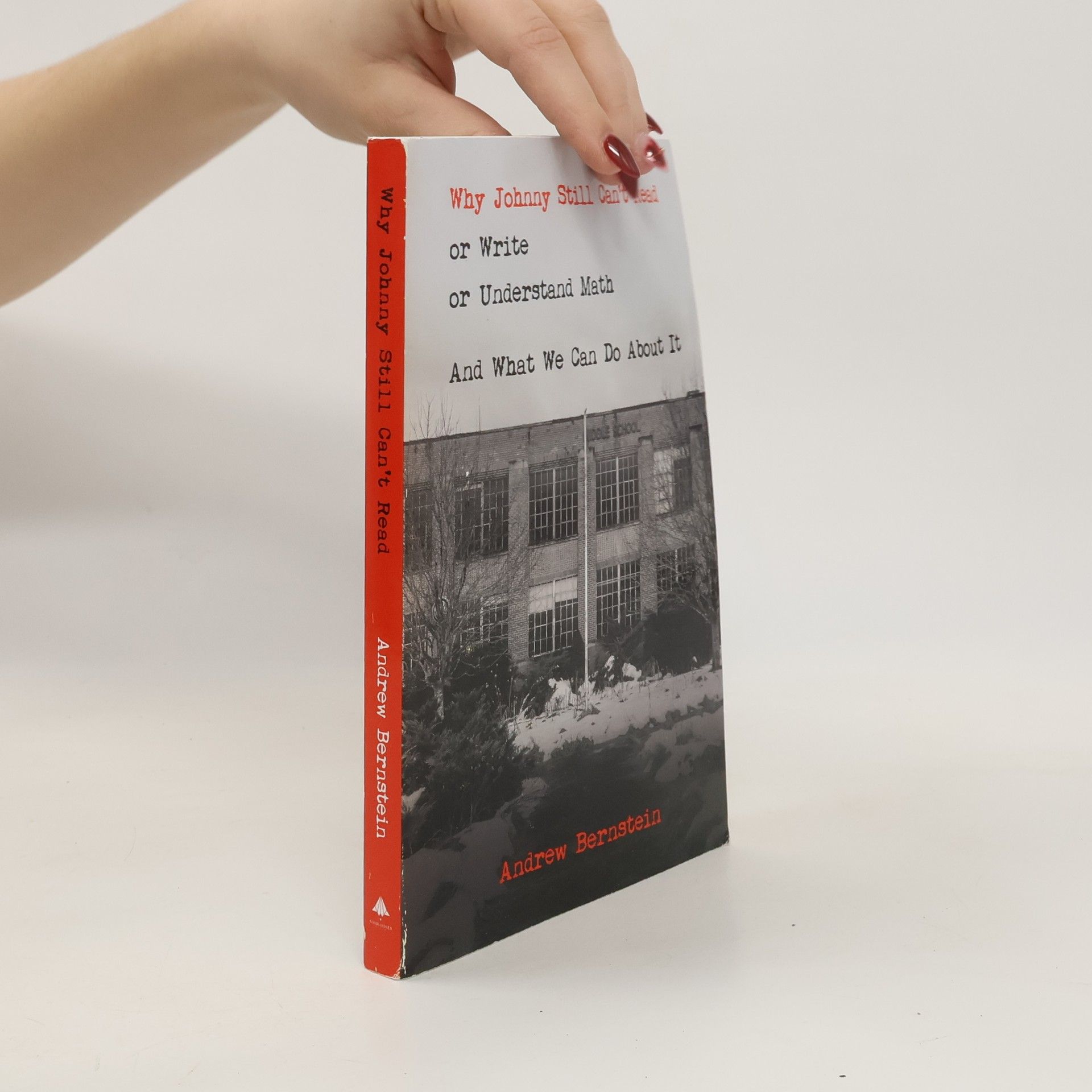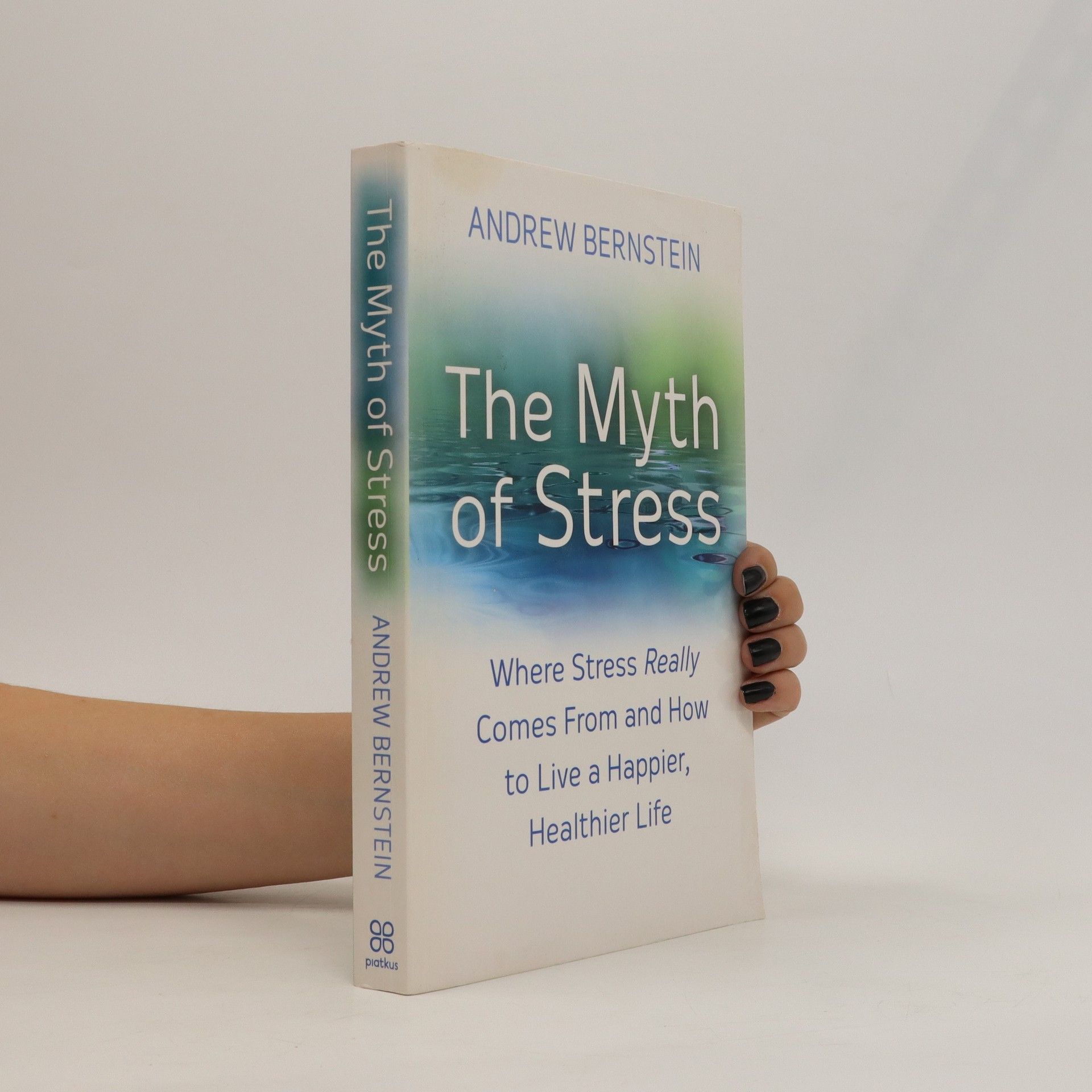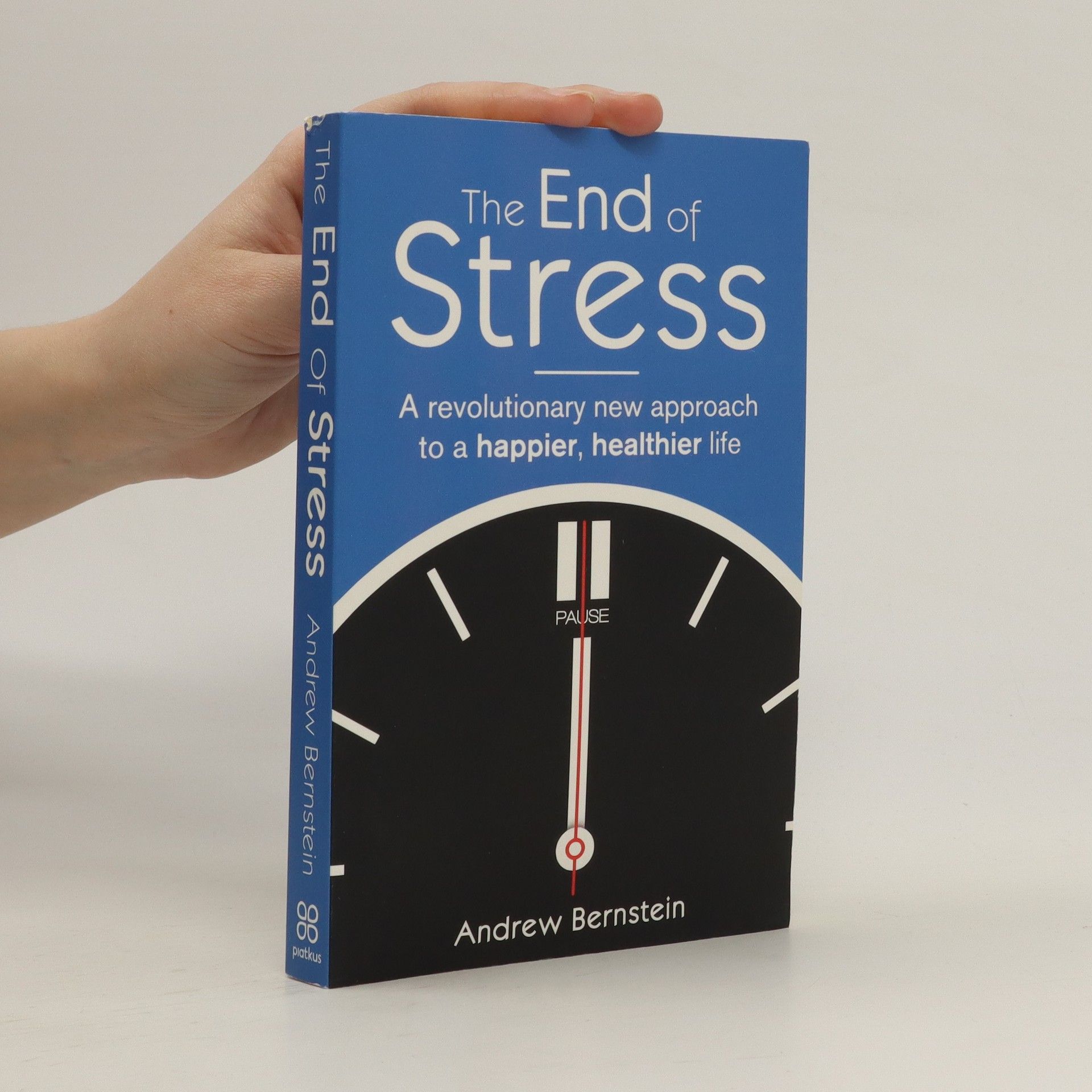Why Johnny Still Can't Read or Write or Understand Math: And What We Can Do about It
- 256 pages
- 9 hours of reading
Challenging the effectiveness of the current education system, this book presents a bold plan to address the widespread issue of illiteracy and disengagement among students. It offers practical strategies and innovative approaches aimed at transforming how education is delivered, empowering both teachers and learners. The author advocates for immediate action to revitalize the learning experience, fostering critical thinking and genuine understanding in students.

